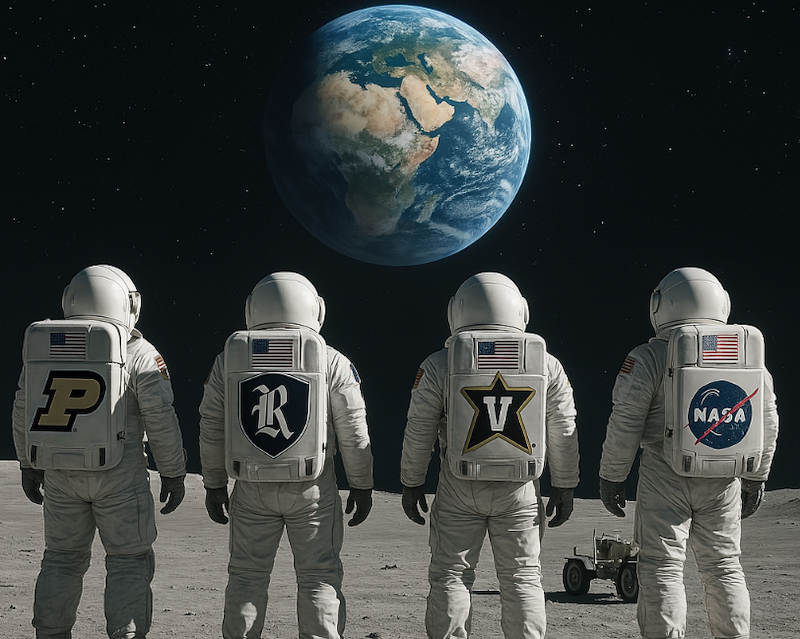Leaders from government, academia and industry will gather in Houston next month for Rice University’s In-Space Physical AI Workshop at Ion, a two-day event examining how autonomous technologies could shape the next era of space exploration and discovery.
The workshop will take place February 11-12, 2026 at The Ion, located at 4201 Main Street, Houston, Texas, and will focus on the convergence of artificial intelligence and space technology – particularly how physical AI systems can enable long-duration, autonomous operations beyond Earth.
Co-organized by Rice Nexus, a Rice University translation and commercialization initiative, in partnership with NASA, Purdue University, and Vanderbilt University, the event will address four strategic themes:
- Deep-space autonomy for long-duration missions
- Strategic economic presence in low-Earth orbit and cislunar space
- Physical AI for national defense and planetary protection
- International collaboration in AI-enabled exploration
Participants will discuss how physical AI systems – intelligent machines that combine sensing, reasoning and physical action – can support future missions and strengthen global partnerships.
The program also includes startup demonstrations and technology showcases from leading aerospace companies highlighting new AI tools for both space missions and Earth-based applications.
Sanjoy Paul, general chair of the workshop organizing committee and Rice Nexus executive director, says: “From establishing a partnership with Purdue University last year to welcoming Vanderbilt University and, for the first time, active participation from the US Space Force this year, this workshop’s growing success is a testament to the power of collaboration across major institutions.
“We are sincerely grateful to our partners at Purdue, Vanderbilt and NASA/Johnson Space Center for their active participation and commitment. Together, we have put together an incredibly impactful program that will serve industry, academia and government at large by driving essential discourse around the future of AI in space.”
Now in its third year, the In-Space Physical AI Workshop has become a key meeting point for collaboration among academic, government and commercial partners. The event continues to strengthen Houston – and Rice’s Ion District – as a national hub for innovation in AI and space technology.

